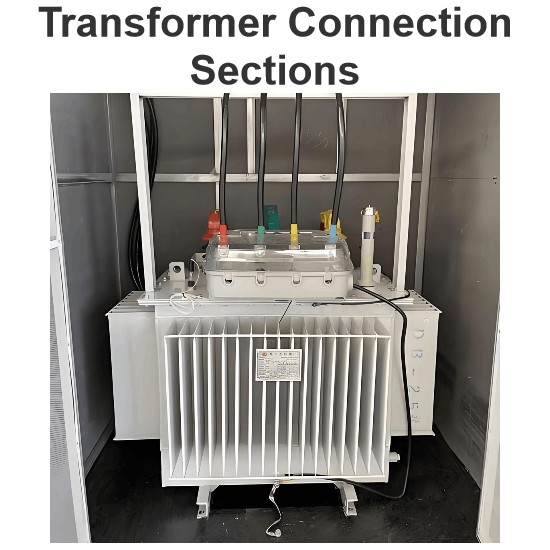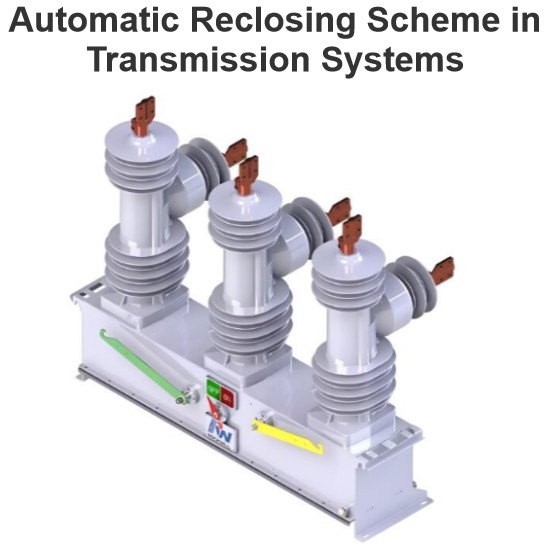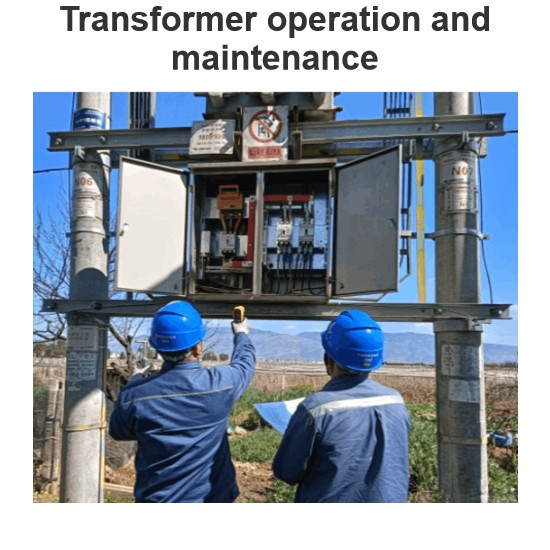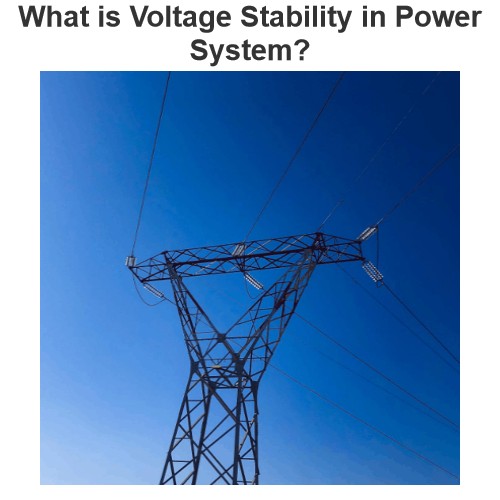What is Dielectric Grease?
What is Dielectric Grease?
Dielectric Grease Definition
Dielectric grease is a silicone-based grease used to protect electrical components from dirt, moisture, and corrosion.

Non-Conductive Property
Dielectric grease is an insulator, which means it prevents the flow of electrical current.
Usage Precaution
Ensure dielectric grease does not contact conductive paths to avoid disrupting electrical connections.
Comparison with Vaseline
Vaseline is weaker and less durable than dielectric grease, especially in high-temperature applications.
Applications
It is used in home electrical work, vehicle wiring, automotive tune-ups, and marine applications to make components waterproof.
The Electricity Encyclopedia is dedicated to accelerating the dissemination and application of electricity knowledge and adding impetus to the development and innovation of the electricity industry.













